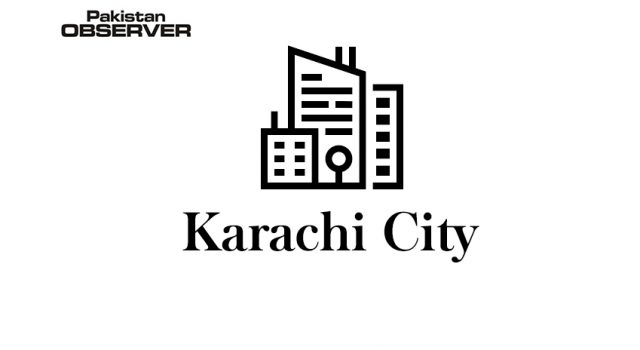A journalist in a conflict zone is never prepared, said WIO-News Pakistan’s Bureau Chief Anas Malick.
“You are never prepared enough to be in a conflict zone, regardless of how well you know the region or how much you’ve studied or learnt over the years,” he added while speaking on second day of the two-day conference on ‘Extreme Reporting: Conflict and Peace in the Digital Age’ held at the Centre of Excellence in Journalism at the Institute of Business Administration (CEJ-IBA) on Sunday morning. The session was moderated by seasoned journalist Aamer Ahmed Khan.
Mr Malick shared two examples of his experience of reporting in Afghanistan after the Taliban takeover and reporting on the war in Ukraine.
“Both experiences were interesting because you had to change your tone. For example, I was going to Ukraine on the fourth day of the war and while I was on the plane, three TV channels had a different take on the war – one called it an invasion, another called it war and while another one called it a specialized operation. So when I landed, I called my
boss and asked him: ‘what are we saying?” he said.
Two things Mr Malick said that reporters need to be careful of are what you say and your tone as you don’t want to offend anyone.
BBC Urdu correspondent Sahar Baloch agreed with Mr Malick and said that anything can happen in the field.
Talking about the pressure from the desk while reporting in a conflict zone, Ms Baloch said that there is a style guide but “we are still told what to say. There is a lot of pressure. In print, it is easier as you can write it but on TV or on camera it is different. It sets a tone for your entire coverage. Also look at social media which does set another narrative. Each and every situation, however, is different,” she added.
CNN Producer Sophia Saifi shared the safety and security protocols that the CNN had in place for its teams. She gave the example of how she was responsible for organizing everything for CNN’s team going to Afghanistan after the Taliban takeover.
Speaking from personal experience, Ms Saifi recalled an incident from 2016 when she went on an embed with the military and said something that was picked up by the local and Indian media. The response, she said, was strange because the Indian media lambasted her but in Pakistan; people were commending her for her good work.
“There are many stories I want to do but due to security concerns [by CNN] I am not able to do them. But CNN is also great. They have check-ins, there is hostile environment training – which are horrible but they are important especially in a digital age,” she said.










